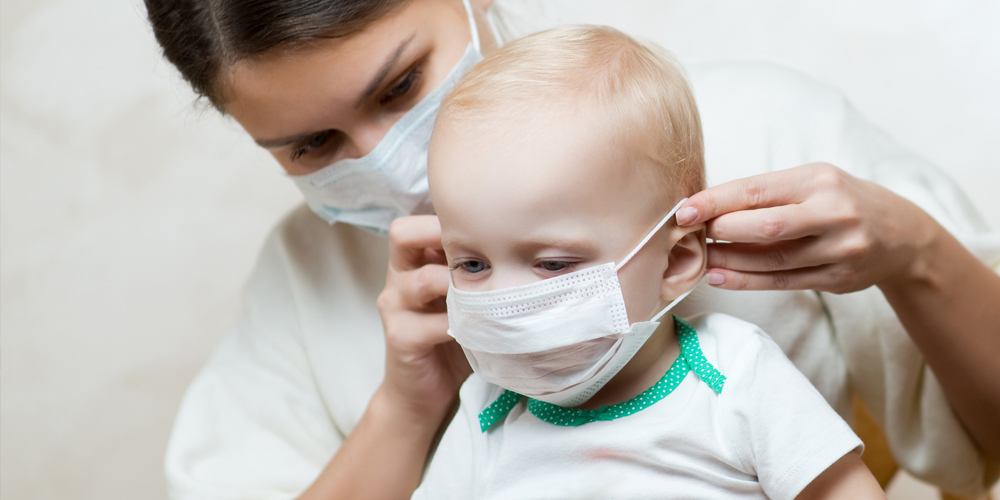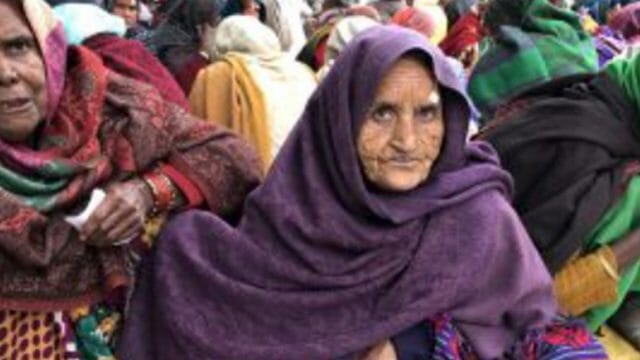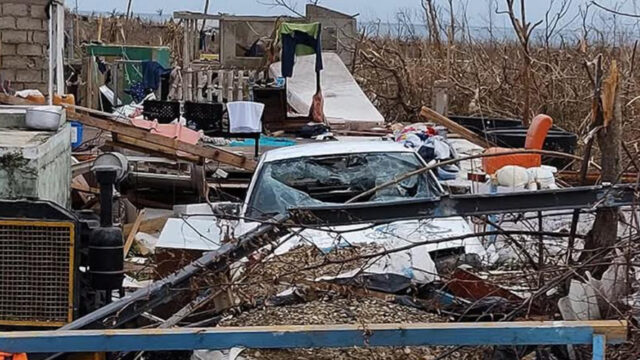An expert advises parents on what to do if they witness symptoms in their children.

The United States Centers for Disease Control and Prevention (CDC) reported on May 14, 2020, that Multisystem Inflammatory Syndrome in Children (MIS-C) is associated with the novel coronavirus (COVID-19).
MIS-C is a condition in which parts of a child’s body become inflamed, including the heart, lungs, kidneys, brain, skin, eyes, or gastrointestinal organs. Physicians are urging parents to contact their child’s doctor or seek immediate medical attention if their child is showing symptoms of MIS-C.
Maulin Soneji, attending pediatric infectious disease specialist at Loma Linda University Children’s Hospital in Loma Linda, California, said children with MIS-C often present with symptoms similar to Kawasaki disease — another childhood condition that causes inflammation in blood vessels. Symptoms include fever, rash, gastrointestinal issues such as abdominal pain and diarrhea, vomiting, bloodshot eyes, trouble breathing, fatigue, and neck pain for more than five days.
“Cases are showing that this syndrome does have something to do with COVID-19,” Soneji said. “Patients being treated had prior COVID-19 illness or exposure but are now often testing negative in their nasal swab. However, in some of these patients, we’re also seeing that their bodies don’t have the antibodies that are usually created while fighting the virus. There is much we are still learning about the SARS-CoV-2 virus and the illnesses it causes.”
Alexandra Clark, division chief of pediatrics at Children’s Hospital, said physicians are seeing that the infection from SARS-CoV-2 — the virus that causes COVID-19 — might be triggering an overreaction in children’s immune systems.
“We think the body’s response to the virus itself is creating a downstream cascade of inflammation affecting many systems of the body,” Clark said. “We don’t yet have enough evidence to support a definitive timeline, but this inflammation can sometimes occur weeks after the original exposure or infection.”
Because symptoms of Kawasaki disease and MIS-C are somewhat overlapping, Clark said, there is also overlapping treatment. “Children who have MIS-C and are brought to the hospital in a timely fashion seem to do well after receiving appropriate care,” she said.
According to Soneji, cases of MIS-C are currently being treated at Children’s Hospital and throughout southern California.
Clark wants to clarify that while MIS-C is connected with COVID-19, it is a separate inflammatory process that requires different treatment and medications than just supportive care for the virus itself.
“This treatment is needed to modulate the child’s inappropriate immune response to the prior COVID-19 infection or exposure,” she said. “There are some significant risks for complications, including death. The sooner the child is brought to medical attention, the better the chance of recovery.”
A Word of Advice
“Don’t let prolonged fevers or atypical symptoms continue in your child,” Soneji said. “While other symptoms and illnesses might not be COVID-19, many other things are impacting our children that can be serious. We don’t want any ill effects from delayed care. Seek medical attention.”
The original version of this story was posted on the Loma Linda University Health news site.








